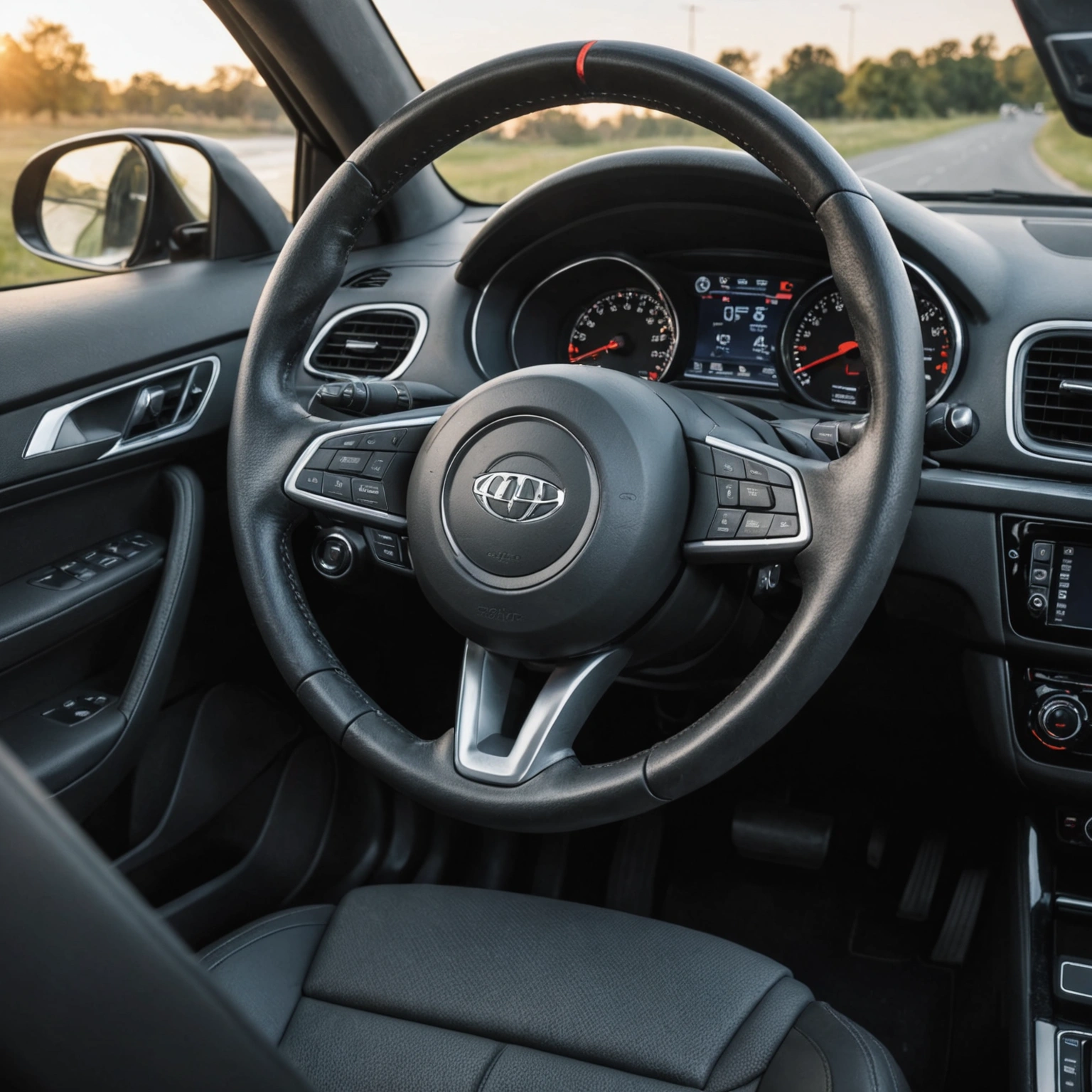**Why Does My Car Squeak When I Drive Slowly? Understanding the Causes and Solutions**
If you’ve noticed a squeaking noise when driving your car at slow speeds, you’re not alone. This common issue can stem from various sources, and understanding the potential causes can help you diagnose and address the problem effectively. Here’s a comprehensive look at why your car might squeak when moving slowly and what you can do about it.

### Common Causes of Squeaking at Low Speeds
1. **Brake System Issues**

– **Worn Brake Pads:** When brake pads are worn down, the metal backing plate can make contact with the rotor, causing a squealing sound. This often occurs at low speeds or when braking lightly.
– **Brake Dust and Debris:** Accumulated dust, dirt, or debris between the brake pad and rotor can create a squeaking noise during gentle driving.

– **Lack of Lubrication:** Some brake components, like shims and caliper slides, require proper lubrication. If they dry out, they can produce squeaking.
2. **Serpentine or Drive Belt Problems**

– **Worn or Loose Belts:** A slipping or misaligned serpentine belt can generate squeaking noises, especially during low engine RPMs when the belt tension may be less optimal.
– **Belt Tensioner Issues:** A failing tensioner can cause belt slippage and squeaking.
3. **Suspension and Steering Components**
– **Worn Bushings or Ball Joints:** These parts can produce squeaks when they lack lubrication or are worn out. The noise may be more noticeable at slow speeds or during turns.
– **Struts and Shock Absorbers:** If these components are dry or damaged, they might squeak as the suspension moves.
4. **Wheel Bearings**
– **Worn Wheel Bearings:** Although more common at higher speeds, damaged wheel bearings can sometimes produce squeaking or grinding noises, especially when turning or at low speeds.
5. **Other Factors**
– **Dry or Dirty Lubrication Points:** Many moving parts in your vehicle require regular lubrication. Lack of maintenance can lead to squeaking.
– **Foreign Objects:** Small stones or debris caught in brake components or between tires and wheel wells can cause noise.
### Diagnosing the Issue
To effectively identify the cause:
– **Listen Carefully:** Note when the squeak occurs—during acceleration, braking, turning, or just driving straight.
– **Visual Inspection:** Check brake pads, rotors, and wheel areas for debris or uneven wear.
– **Check Belt Tension:** Ensure the serpentine belt isn’t loose or frayed.
– **Consult a Mechanic:** If you’re unsure or uncomfortable inspecting these components yourself, professional diagnostics are recommended.
### What Can You Do?
– **Routine Maintenance:** Regular brake inspections, replacing worn pads, and keeping belts in good condition can prevent squeaking.
– **Lubrication:** Applying appropriate lubricants to brake shims, caliper slides, and suspension bushings can eliminate squeaks.
– **Clean Components:** Removing dirt and debris from brake areas and wheel wells can reduce noise.
– **Seek Professional Help:** For issues like worn wheel bearings or suspension parts, a qualified mechanic is best suited for repairs.
### Final Thoughts
A squeak when driving slowly can be caused by several vehicle components, primarily related to brakes, belts, suspension, or lubrication. While some causes are simple to address, others may require professional attention to ensure your vehicle’s safety and performance. Regular maintenance and prompt diagnosis can keep your drive smooth, quiet, and safe.
If your car continues to squeak despite these efforts, don’t hesitate to visit your trusted mechanic for a thorough inspection. Happy driving!

